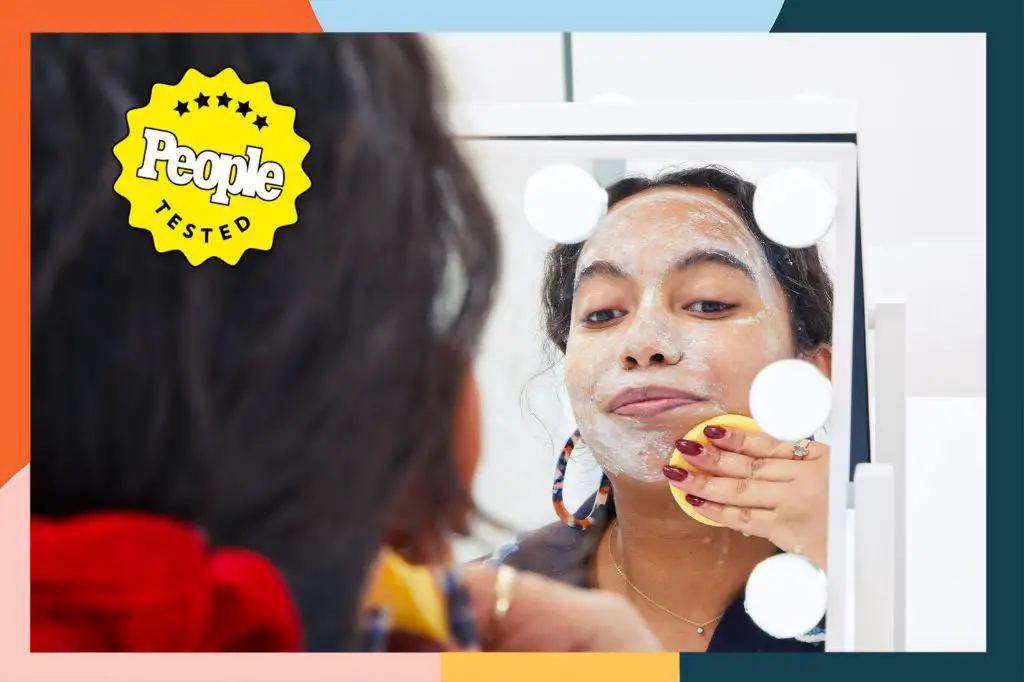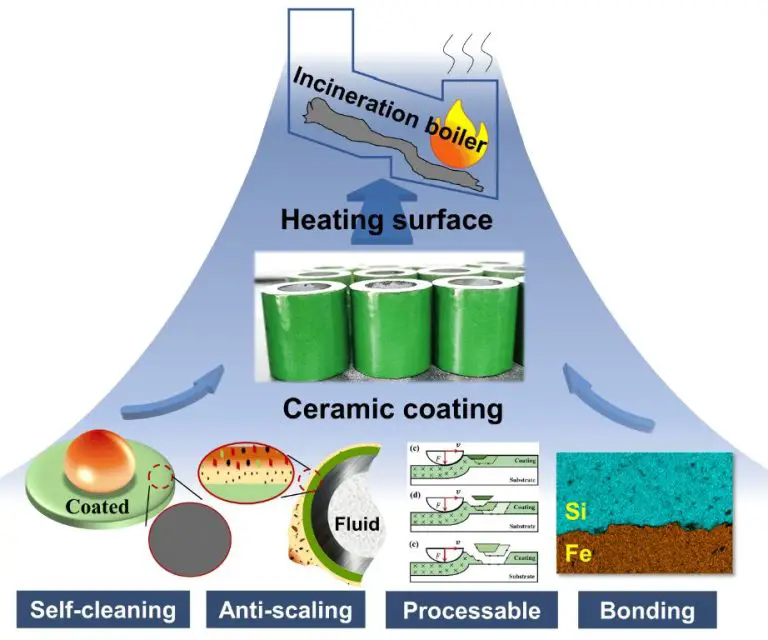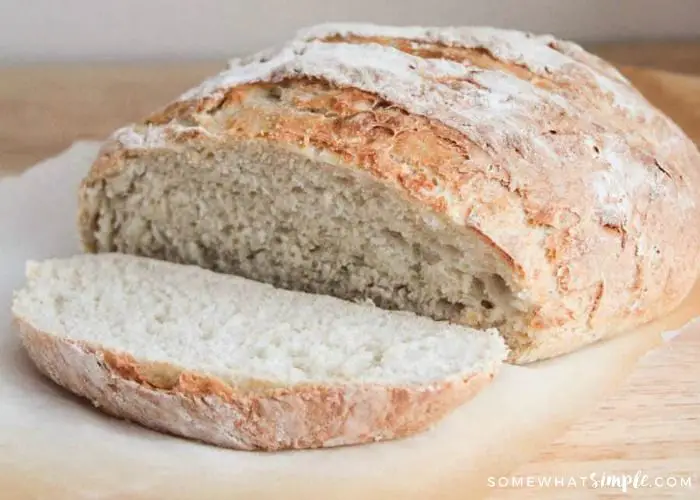Is Amazonian Clay Good For Your Skin?
What is Amazonian Clay?
Amazonian clay is a type of clay sourced from the Amazon River basin in South America. It is composed mainly of montmorillonite, a phyllosilicate (sheet silicate) mineral that gives it a high nutrient content. The clay is harvested directly from the small islands at the mouth of the Amazon River and many of its tributaries in areas of flooded forest.
Amazonian clay is known for its high mineral content. It contains rich nutrients like calcium, magnesium, zinc, copper and potassium. It also has beneficial phytonutrients from aquatic vegetation. The combination of nutrients gives Amazonian clay unique properties for skin. It is said to nourish, purify and balance the skin. The minerals help exfoliate dead skin cells while drawing toxins from pores. Its water content helps hydrate and replenish moisture when applied topically.
Due to these beneficial properties for skin, Amazonian clay has become popular as an ingredient in skincare and cosmetic products. Brands market it as a natural solution for issues like acne, oiliness, and dullness.
Purported Skin Benefits
Amazonian clay is said to provide several benefits for the skin. Some key purported benefits include:
Absorption of oil and impurities – Due to its natural porous structure, Amazonian clay is claimed to absorb excess oil, dirt, and impurities from the skin while allowing moisture to remain. It supposedly soaks up any oils or toxins on the surface of the skin.
According to elle.com, “The clay’s molecular structure causes it to ‘draw’ oil from the skin in the same way that a magnet draws metal shavings.” By lifting away these oils and impurities, Amazonian clay masks may help control shine and clarify the complexion.
Exfoliation – The clay’s texture combined with tiny mineral particles in the clay are said to provide gentle exfoliation for the skin, removing dead skin cells and revealing newer, smoother skin underneath. poshmark.com indicates that using Amazonian clay can “help exfoliate dead skin cells.”
Soothing inflammation – Amazonian clay is reputed to be soothing and calming for inflamed or irritated skin. The minerals in the clay may help absorb excess oil and calm breakouts and blemishes.
Scientific Evidence
Multiple studies have examined the efficacy and safety of Amazonian clay for skincare applications. A 2018 study published in ScienceDirect analyzed the composition and properties of clays sourced from the Amazon region in Brazil. The researchers found that these clays contain a mixture of minerals including kaolinite, illite, quartz, and iron oxides that provide absorption, adsorbency, and coloring properties (https://www.sciencedirect.com/science/article/abs/pii/S0169131717305008).
Another study published in ResearchGate in 2022 characterized four different natural Amazonian clays sourced near the Amazon River. The researchers concluded these clays have suitable properties for use in cosmetic products, such as the ability to absorb oil and impurities from skin. However, they noted that further safety testing is required before commercial use (https://www.researchgate.net/publication/367121017_Characterization_and_Assessment_of_Natural_Amazonian_Clays_for_Cosmetics-Industry_Applications).
According to board-certified dermatologist Dr. Shari Lipner, clay masks containing bentonite or kaolin clay can temporarily improve the appearance of oily or acne-prone skin by absorbing excess oil. However, she notes there is no evidence showing long-term benefits for skin health or acne reduction (Women’s Health Mag, 2022).
Potential Drawbacks
There are some potential drawbacks to using Amazonian clay on the skin that should be considered:
Some people may experience skin reactions or irritations from Amazonian clay. Bentonite clay is known to have trace amounts of heavy metals like lead and aluminum that could potentially cause issues for certain individuals, especially those with sensitive skin or allergies [1]. Using too much clay or leaving it on too long may dry out or irritate the skin for some.
Amazonian clay may not be suitable for all skin types. Those with dry or mature skin may find the clay overly drying. People with oily and acne-prone skin tend to see the best results from Amazonian clay. Consulting with a dermatologist can help determine if Amazonian clay is appropriate for your unique skin type.
How to Use Amazonian Clay
Amazonian clay can be found in a variety of skincare products including face masks, cleansers and moisturizers. Here are some tips for using these products effectively:
Face Masks
Amazonian clay masks should be applied 1-2 times per week. Apply a thin layer evenly across clean, dry skin avoiding the eye area. Leave on for 10-15 minutes until completely dry then rinse off with warm water. Clay masks help draw out impurities, absorb excess oil, and leave skin feeling balanced.
Cleansers
Gently massage Amazonian clay cleanser onto damp skin morning and night. Rinse thoroughly with warm water and pat skin dry. Clay cleansers can help remove dirt, oil, and makeup without over-drying the skin.
Moisturizers
After cleansing, apply a nickel-sized amount of Amazonian clay moisturizer to face and neck. For best results, use morning and night. Clay moisturizers provide hydration while minimizing shine and refining the look of pores.
When using any Amazonian clay skincare products, carefully follow the instructions provided. Start slowly and monitor skin for any irritation. Amazonian clay is gentle for most skin types when used properly.
DIY Amazonian Clay Recipes
Here are some popular and effective DIY face mask recipes using Amazonian clay:
Bentonite Clay and Apple Cider Vinegar Mask:
Mix equal parts bentonite clay and apple cider vinegar using a non-metallic spoon (source). Apply to clean skin and leave on for 10-15 minutes before rinsing. The apple cider vinegar helps restore pH balance while the clay draws out impurities.
Activated Charcoal and Clay Mask:

Combine 1 tablespoon Aztec clay, 1 tablespoon activated charcoal, 1 probiotic capsule, and 2 tablespoons raw apple cider vinegar (source). The charcoal detoxifies skin while the probiotics restore skin’s microbiome. Let sit for 5-10 minutes and rinse.
While DIY masks can be more affordable, it’s harder to control the quality and safety compared to manufactured skincare products. Homemade masks carry risks of ingredients interacting poorly or bacteria forming in the unfinished product. Proceed with caution using ingredients meant for topical application.
Best Amazonian Clay Skincare Products
Many reputable skincare brands now offer products containing Amazonian clay. Here are some of the top reviewed options to consider:
bareMinerals Detoxifying Mask
This mineral-rich clay mask uses key ingredients like bamboo extract and charcoal to draw out impurities without over-drying. It gets rave reviews for leaving skin feeling clean and refreshed.
Price: $22
Where to buy: Sephora, Ulta, bareMinerals.com
Ole Henriksen Balance It All Essentials Set
This starter kit from Ole Henriksen includes their top-selling cleanser, toner, and moisturizer containing Amazonian clay to balance oily skin. The products work together as an effective daily skincare routine.
Price: $39 for a 3-piece set
Where to buy: Sephora, OleHenriksen.com
Aztec Secret Indian Healing Clay
For a budget-friendly option, this Aztec clay mask is a cult-favorite. Just mix the powder with equal parts water or apple cider vinegar and apply as a weekly deep cleansing treatment.
Price: $12 for 1 lb
Where to buy: Target, Whole Foods, Amazon
Alternatives
While Amazonian clay has benefits for some, other clay types can also be effective for skin. According to Reddit users on r/SkincareAddiction, two popular alternatives are bentonite clay and kaolin clay.
Bentonite clay is good for oily and acne-prone skin because it can help absorb excess oils. It also has mild exfoliating properties. Kaolin clay is very gentle and good for sensitive skin. It can help soothe irritation and inflammation.Many Redditors report good experiences using bentonite and kaolin masks.
For those wanting to avoid clay entirely, some effective non-clay options include zinc oxide, charcoal, and fuller’s earth. These can provide oil absorption without the drying effects that clays sometimes cause. Products with these ingredients may be better for dry or mature skin types.
Who Should Use Amazonian Clay
Amazonian clay is generally safe for most skin types when used properly, but can be particularly beneficial for the following:
- Oily, acne-prone skin – The clay helps absorb excess oil and sebum production while gently exfoliating to unclog pores.[1]
- Dull, tired skin – Amazonian clay contains minerals like magnesium, calcium, potassium, and zinc which can help nourish and brighten dull complexions.[2]
- Sensitive skin – Look for an Amazonian clay formula specifically made for sensitive skin, as the gentle ingredients are less likely to cause redness or irritation.
You’ll want to avoid Amazonian clay if you have very dry skin, as the clay can be drying. It’s also not recommended for severe acne, as it may be too harsh on active breakouts. Test a small amount first if you have sensitivities.
The Bottom Line
Amazonian clay contains bentonite clay as its key ingredient, which has been used for centuries to treat skin ailments. Some research shows that certain clays may have purifying, anti-inflammatory, and pore-reducing benefits when applied topically. While more research is needed, many dermatologists and skincare experts recommend using clay masks in moderation as part of one’s skincare routine.
When used properly 1-2 times per week, Amazonian clay masks can help absorb oil, remove impurities, minimize the appearance of pores, and leave skin looking smoother. However, over-drying the skin through excessive use can cause irritation for some. It’s best to start slowly, doing a patch test first. Those with very dry or sensitive skin may be better off using gentler clays like French green clay.
Overall, incorporating an occasional Amazonian clay mask into your skincare regimen seems to be reasonably safe for most skin types. While the research is still limited, many users find these masks to provide mild benefits for oily, acne-prone skin when used in moderation. But remember to always follow product instructions carefully and discontinue use if any irritation occurs.




